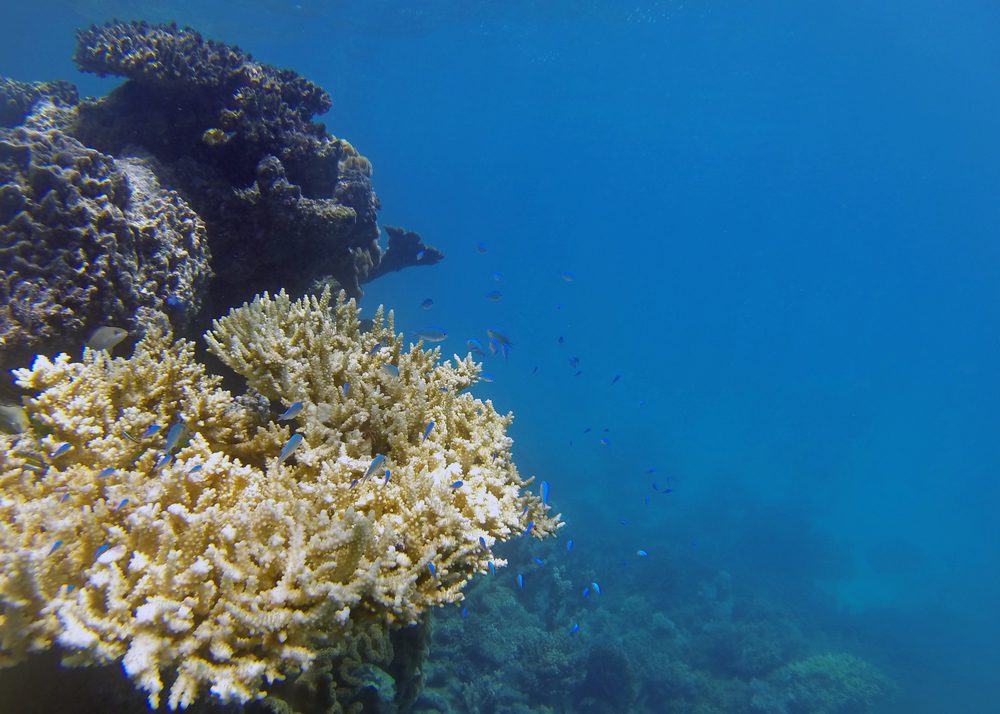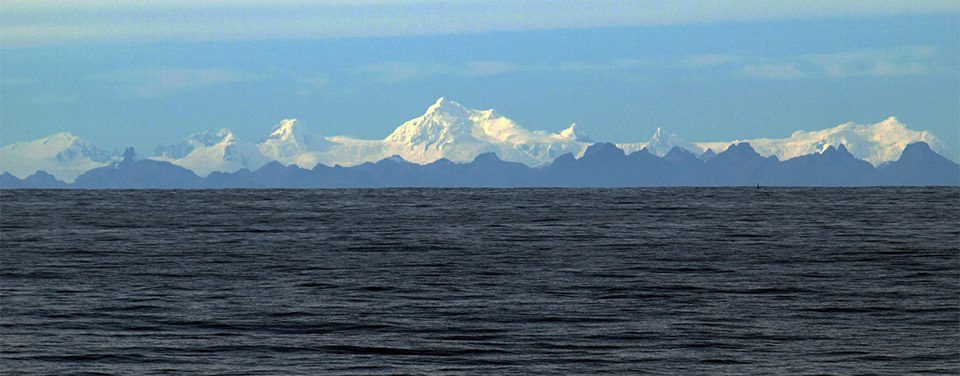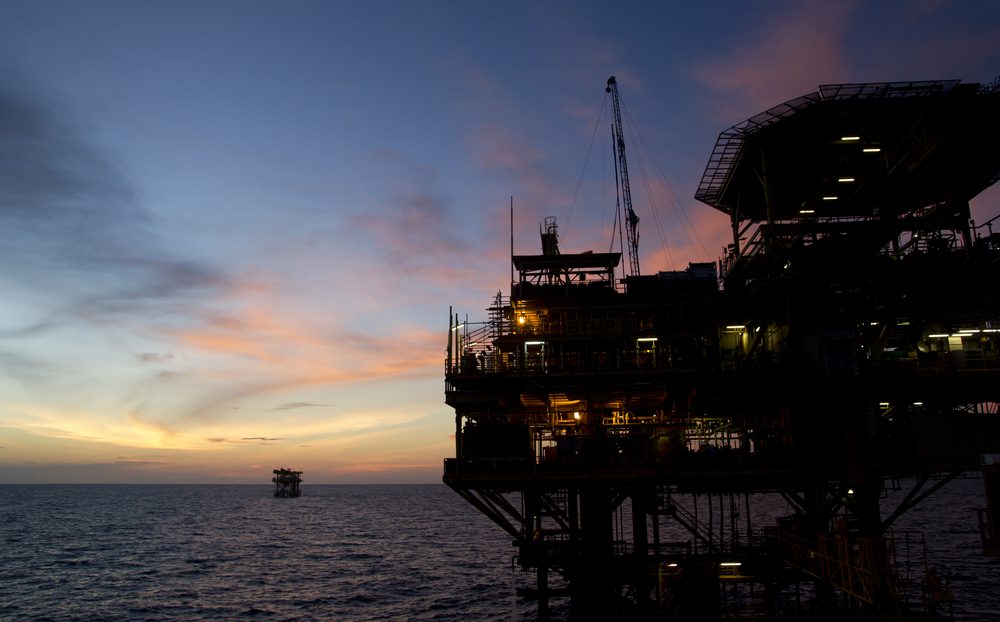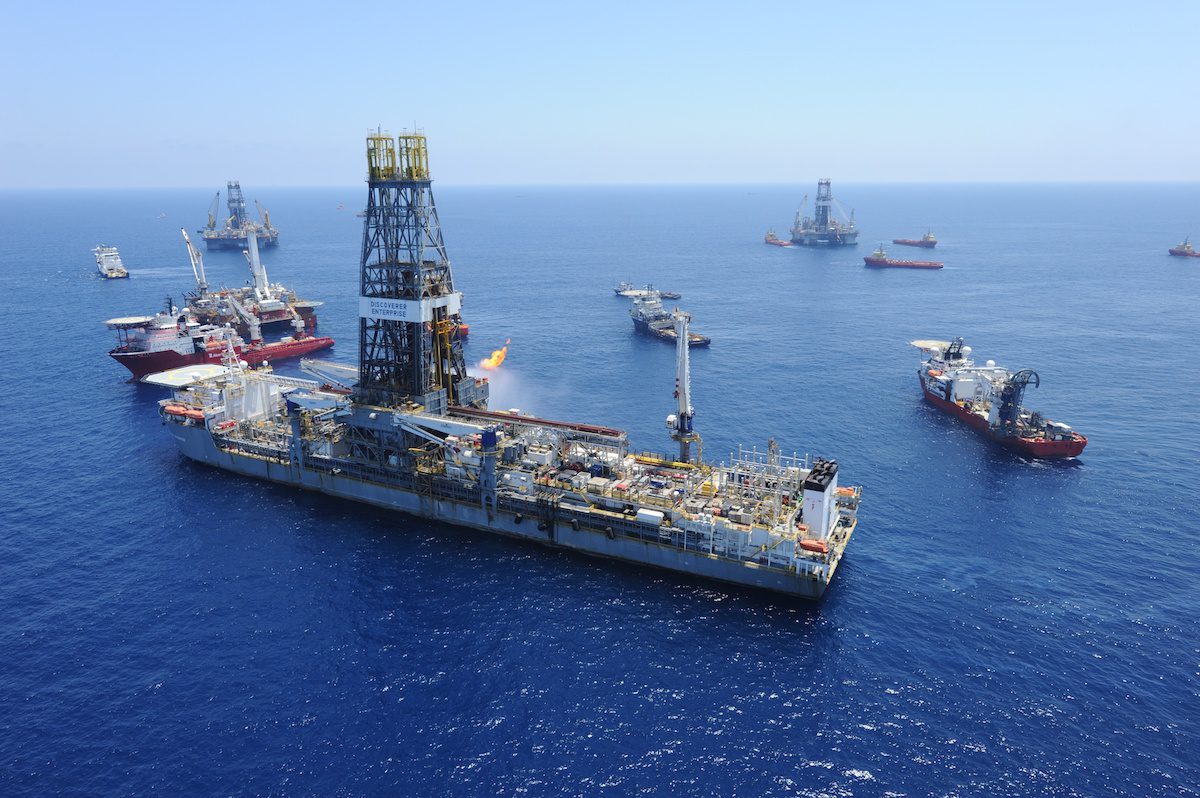Rising ocean temperatures led to a massive bleaching of the Great Barrier Reef in 2016. Photo: By Darkydoors / Shutterstock
By Jim Efstathiou Jr. (Bloomberg) — Some of last year’s crazy weather — including extreme heat around the world to unusually warm waters in the Bering Sea — can be blamed on man-made climate change, according to a report from a group of weather researchers.
Scientists are a careful lot, and while there’s been plenty of others who’ve blamed the changing climate for weather events, this is the first time the American Meteorological Society has definitively linked the two phenomena. The report was published Wednesday as a special supplement to the group’s annual bulletin, and included contributions from researchers at the U.S. National Oceanic and Atmospheric Administration.
Climate change, driven by carbon emissions from human activity since the start of the Industrial Revolution, affected, among other things, the severity of El Nino, coral bleaching in the Great Barrier Reef and the warmth of the North Pacific Ocean. The report “marks a fundamental change,” said Jeff Rosenfeld, editor-in-chief of the bulletin. “We’re experiencing new weather, because we’ve made a new climate.”
© 2017 Bloomberg L.P
Editorial Standards · Corrections · About gCaptain
This article contains reporting from Bloomberg, published under license.

 Join The Club
Join The Club











